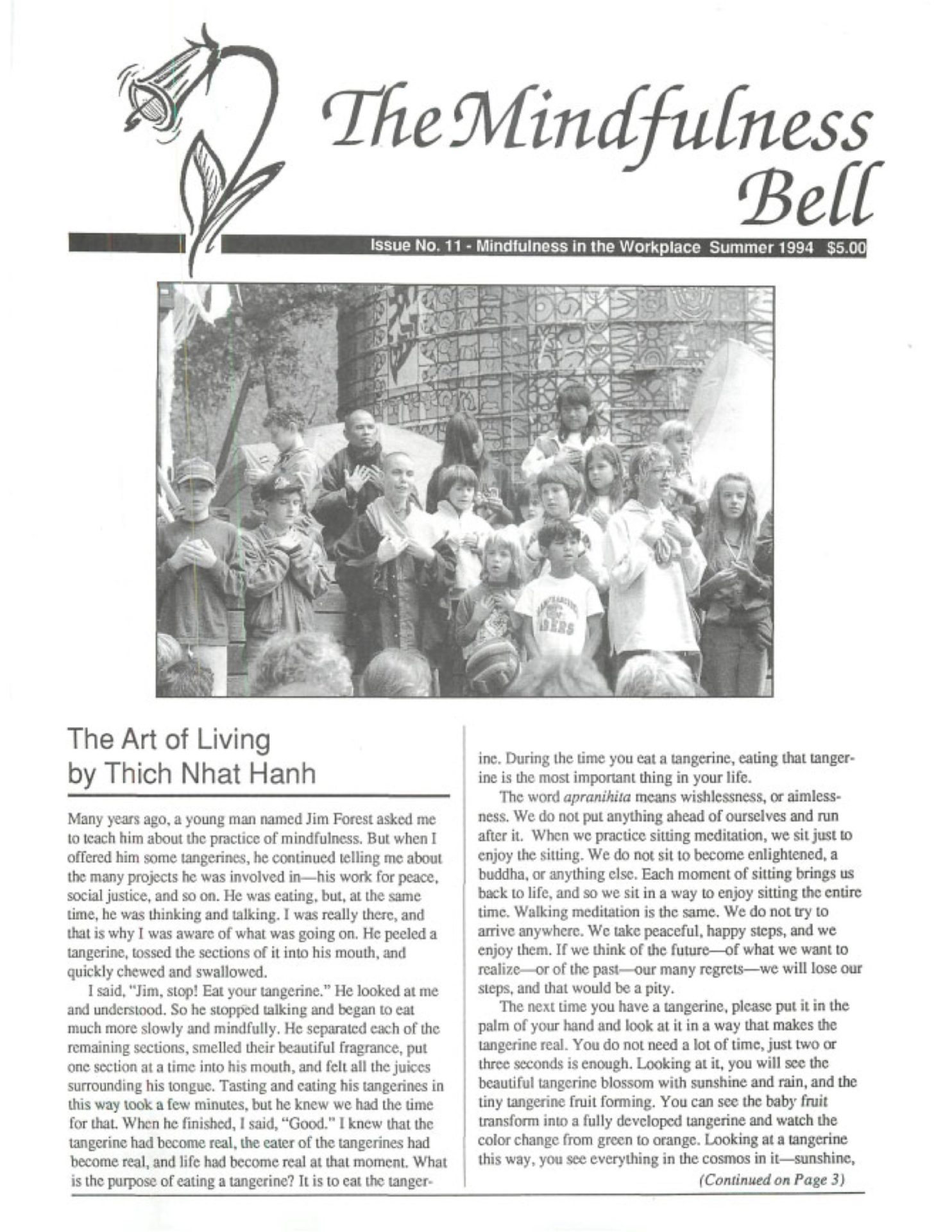By Fred Eppsteiner
My role as a psychotherapist is to relieve the suffering of my clients. Clients come to treatment with an aspect of their life condition that is causing them (and usually others) pain and discomfort. They may be aware of symptoms of depression, anxiety, anger, and frustration, but an understanding of the true causes of their emotional distress is usually unknown to them. They often believe the cause lies outside themselves in another person, an external situation, or in some past event.
By Fred Eppsteiner
My role as a psychotherapist is to relieve the suffering of my clients. Clients come to treatment with an aspect of their life condition that is causing them (and usually others) pain and discomfort. They may be aware of symptoms of depression, anxiety, anger, and frustration, but an understanding of the true causes of their emotional distress is usually unknown to them. They often believe the cause lies outside themselves in another person, an external situation, or in some past event. To understand the mechanics of mind and to see what causes the mind to produce unhappiness/distress or happiness/comfort is to empower clients to become the solvers of their own problems.
Whether I train clients to identify these chains of causation through self-observation skills, or tracking the interrelationship of thoughts, feelings, and behaviors in worksheets and journals, all produce the same results. Whether the technique is called meditation or cognitive-behavioral treatment, the emphasis is similar. Mindfulness of the process and content of mind is the key to positive life-enhancing change.
As a therapist, my ability to clearly see the clients as they are, understand their problems fully, and see the interplays of their mental processes, personalities, and life situations, is directly related to my own mental clarity and freedom from the cloudiness of my personal condition. The ability to be fully present, energetic, and committed is connected to my own practice of mindfulness. This deepening practice has allowed me not only to view clearly the operations of my mind, but has given me the freedom to experience the incredible resiliency of mind. Now I view each client with a freshness and openness that allows solutions to come creatively in that moment when oneness occurs between myself and the client. The practice of mindfulness allows me to be fully present to my client's reality and, at the same time, be present to my own resources, experiences, and professional knowledge and skills.
Fred Eppsteiner is a licensed clinical social worker in private practice in Florida. He is also an adjunct professor at Barry University and president of Banyan Training Associates.

